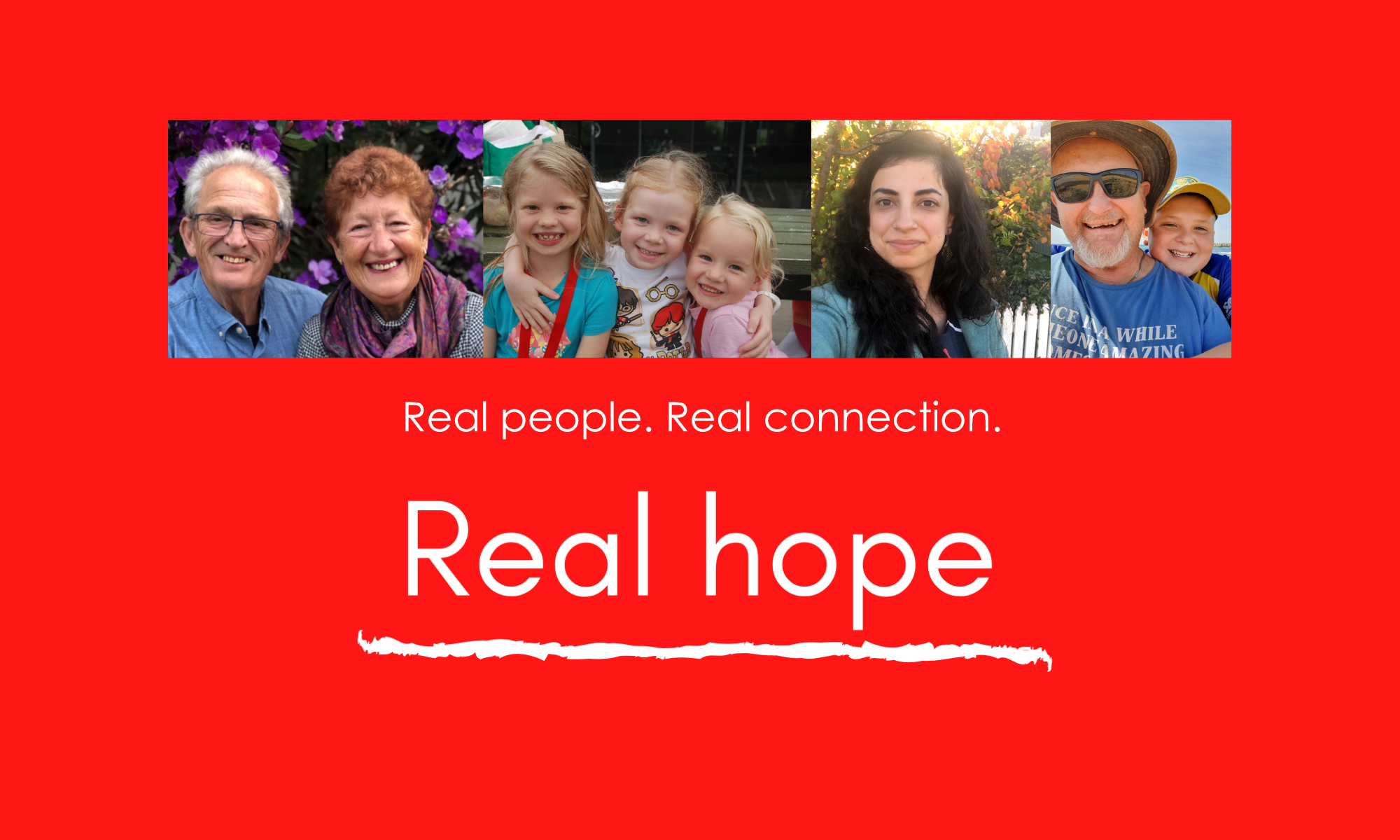Youth Group
Safe Ministry @ Campbelltown Anglican Churches
Campbelltown Anglican Churches Safe Ministry Requirements
Faithfulness in Service
Safe Ministry Pledge
Safe Ministry Blueprint for Churches
Junior Jivers for Mums
Parenting Course
Meet the Candidates
CAC Youth 2022
Gingerbread at Home
Winter Holiday Kids Club 2021
Women’s Breakfast 2021
Junior Jivers Registration 2020
Women’s Breakfast 2020
Big Day In 2020!
Summer Ministry Training Week
Fortescue Farewell
The RSVP date for this event has passed! If you have missed out please contact the church office on 4625 1041 to discuss your options.

Youth Camp 2020
Women’s Christmas Event
Saving the World
Dear friends,
What are you doing to Save the World?
Have you noticed this language being used about climate change again recently? I have seen it on billboards and in newspaper articles. I have seen it in web searches and online articles. In a recent student march it featured again.
We need to save our world!
Slogans such as “Wake up and Save our Future” are becoming increasingly prevalent (again). They roll off the tongue of Christians and atheists alike as many have genuine concern for the the impact of human life on our planet. My concern is that the eschatology that goes with it is completely contrary to biblical thinking. My excitement is that this language provides you with an easy opportunity to share the Gospel.
Eschatology (put simply) is “what’s going to happen at the end”. Climate change eschatology says that humans are determining, by their inaction, when the planet is going to die and humans, by taking action, can stop that from happening. Salvation by human works. The Bible teaches almost the exact opposite.
All time is in God’s hands and he determined both the beginning of earthly life and he will determine the end. Moreover, this planet we live on will be done away with by God at a time of his choosing (Matt 5:18, 2 Peter 3:10-11, Rev 21:1-4). We cannot save the planet and we cannot ensure our future on this planet. Those decisions are all in God’s hands and he is being patient with the world so that more people might be saved (2 Peter 3:9). God’s focus, God’s greatest agenda for the world is that he might be reconciled with humans. Salvation by God’s will and grace.
To this end, climate change can be one great opportunity for idolatry, error and misguided decision making. Christian people need to be careful that they don’t hide God’s greatest plan for humanity behind humanity’s current greatest plan. Perhaps this might start with choosing different language to use about why you are concerned about the climate. Please stop using “save” language and please never call God “Mother Nature”! It may also mean we need to think carefully about our individual purpose for life on earth and not buy in thoughtlessly to climate change ideology.
But all this excites me. Have you noticed that many, many people are talking about saving the world. Given that is God’s agenda for the world (John 3:16) the opportunities to introduce the Gospel into conversations about climate change are endless. You could inject Jesus into a conversation by saying: “Do you know the bible teaches that God also desires to save the world?” or “God’s plans to fix our world are bigger than ours could ever be!” or simply, “Where do you think God’s plans fit into all this?”
Can I suggest you begin shifting your thinking about all this? I know there are various views about whether climate change is something to worry about – my concern is that whatever your view, Christian people will end up promoting a Gospel that is no Gospel at all by adopting the climate change language or ideology the world promotes or never taking opportunities to share the Gospel with those concerned about it.
Let us be those who promote Christ – his works, his world, his wisdom.
In Christ
Nigel
Anxious Christians
Jesus is… a Christmas in July event for women
Please Order This!
Please Fix This!
Incident Report
Single Minded Livestream Gathering
Equip 19
Jesus is not who you think he is
Finding Hope
Dear Friends,
We have a new/old government in NSW! Hip, hip….!?
It has been fascinating to watch the wash up of the NSW State election. Many people are breathing a sign of relief and others, like my friend over lunch today, were shaking their head in disbelief; “how did Gladys do that?” Either way, it appeared to me throughout the week that although we carry a very healthy level of cynicism about government in this country, we also expect much of them. We place a lot of Hope in government. I want to declare that this hope is misplaced. If you think government is going to solve all the world’s issues you either misunderstand the world’s issues or are slightly crazy.
I read in Proverbs 11:7 this week:
Hopes placed in mortals die with them;
all the promise of their power comes to nothing.
Daniel Migliore in his book “Faith Seeking Understanding”, writes that the Christian faith is an expectant or hope-filled faith. It eagerly awaits the completion of the creative and redemptive activity of God. In the language of Scripture and Apostles’ Creed, Christians hope and pray for the coming of God’s Kingdom (Matt 6:10), for the resurrection of the body and the life everlasting, for a new heaven and a new earth (Rev 21:1) and for the final triumph of God over death and mourning, crying and pain and all the forces of evil (Rev 21:1-4).
Can you see the difference between earthly hopes and heavenly ones? Christian hope is not limited to the fulfillment of the individual life. Christian hope is not limited to fulfillment in this life. Christian hope is not limited by suffering.
Christian hope insists that personal and communal fulfillment are inseparable and that life now prepares us for life eternal. Christians thus work and hope for the transformation of life in community. When by grace we rise above our own egocentricity, we realise that there can be no real life outside of relationships with others and that following Jesus must transform those relationships as much as it transforms ourselves.
From the cross flows love, forgiveness, reconciliation and partnership. These things do not terminate in the Christian person’s mind or heart. They must flow forth like a transforming stream that will impact everyone and everything around us. They must flow in such a way as to create an eternal impact as Jesus is shared with all those around us.
Additionally, as we live in this hope, there is no guarantee of quick or easy success. Christian hope remembers that Christ was crucified, that he suffered and that he did so willingly. It is in this sense that Christian hope takes a truly cruciform shape.
So who or what do you hope in? Are your hopes small, temporal and individual? Are they big, eternal and communal? Are they earthly or are they enduring forever?
In Partnership for God’s Glory
Nigel
Mark Drama
Saturday 13th April at 7:30pm and
Sunday 14th April at 6:30pm
Reserve your seat at campbelltown.church/markdrama
Mark Drama
Women’s Breakfast 2019


